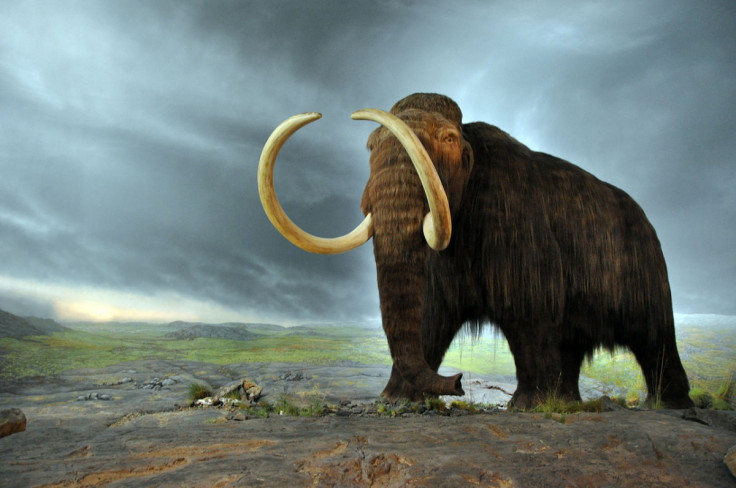Mammoths, woolly rhino and short-faced bear went extinct from global warming, says university report

A new study claims that woolly mammoths did not die out as a result of human interference, but rather from rapid spells of global warming.
A report led by the University of Adelaide and the University of New South Wales in Australia found that a sudden rise in the world's temperature was the major factor that led to the extinction of the great woolly mammoth 11,000 years ago. Other giant animals of this era that were affected include the giant sloth, woolly rhino and short-faced bear, with humans simply delivering the proverbial deathblow.
The study states that the rising temperatures of way-back-when would not have been too dissimilar to those we are experiencing now.
After combining ancient DNA and climate data spanning 31 time periods as far back as 56,000 years ago, experts found warm snaps when they expected to find prolonged cold periods.
Lead report researcher professor Alan Cooper, director of the Australian Centre for Ancient DNA, said: "This abrupt warming had a profound impact on climate that caused marked shifts in global rainfall and vegetation patterns.
"Even without the presence of humans we saw mass extinctions. When you add the modern addition of human pressures and fragmenting of the environment to the rapid changes brought by global warming, it raises serious concerns about the future of our environment."
Report co-author professor Chris Turney, from the University of New South Wales, added: "It is important to recognise that man still played an important role in the disappearance of the major megafauna species.
"The abrupt warming of the climate caused massive changes to the environment that set the extinction events in motion, but the rise of humans applied the coup-de-grace to a population that was already under stress."
© Copyright IBTimes 2025. All rights reserved.




















